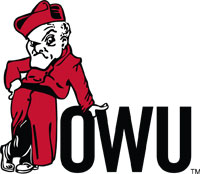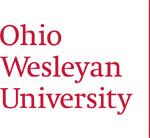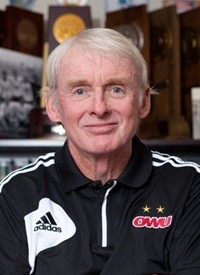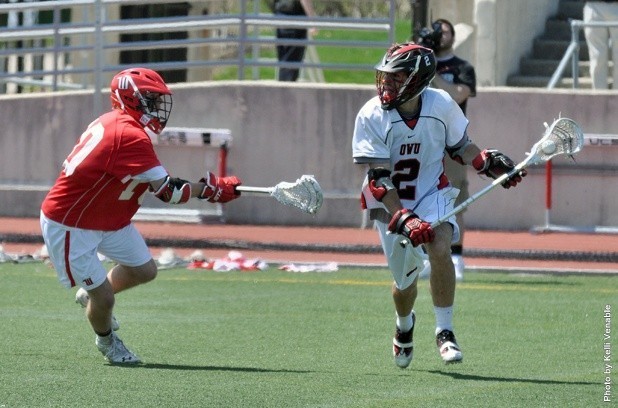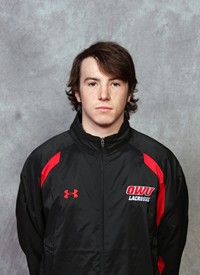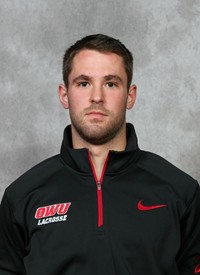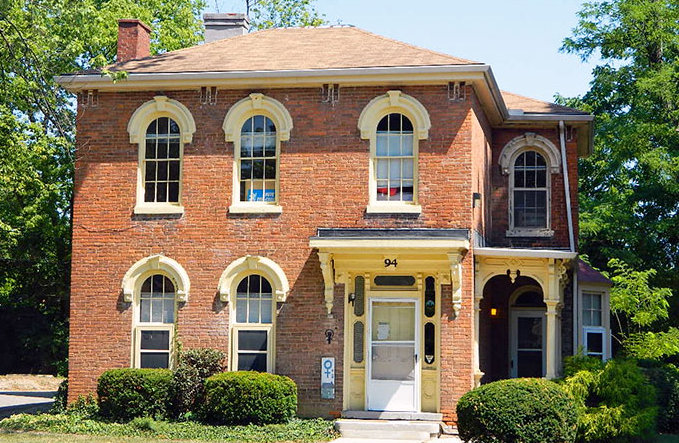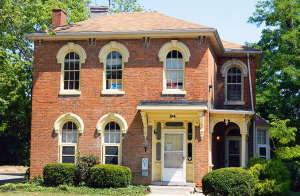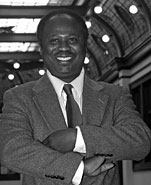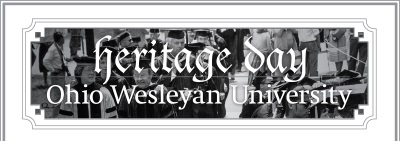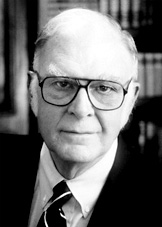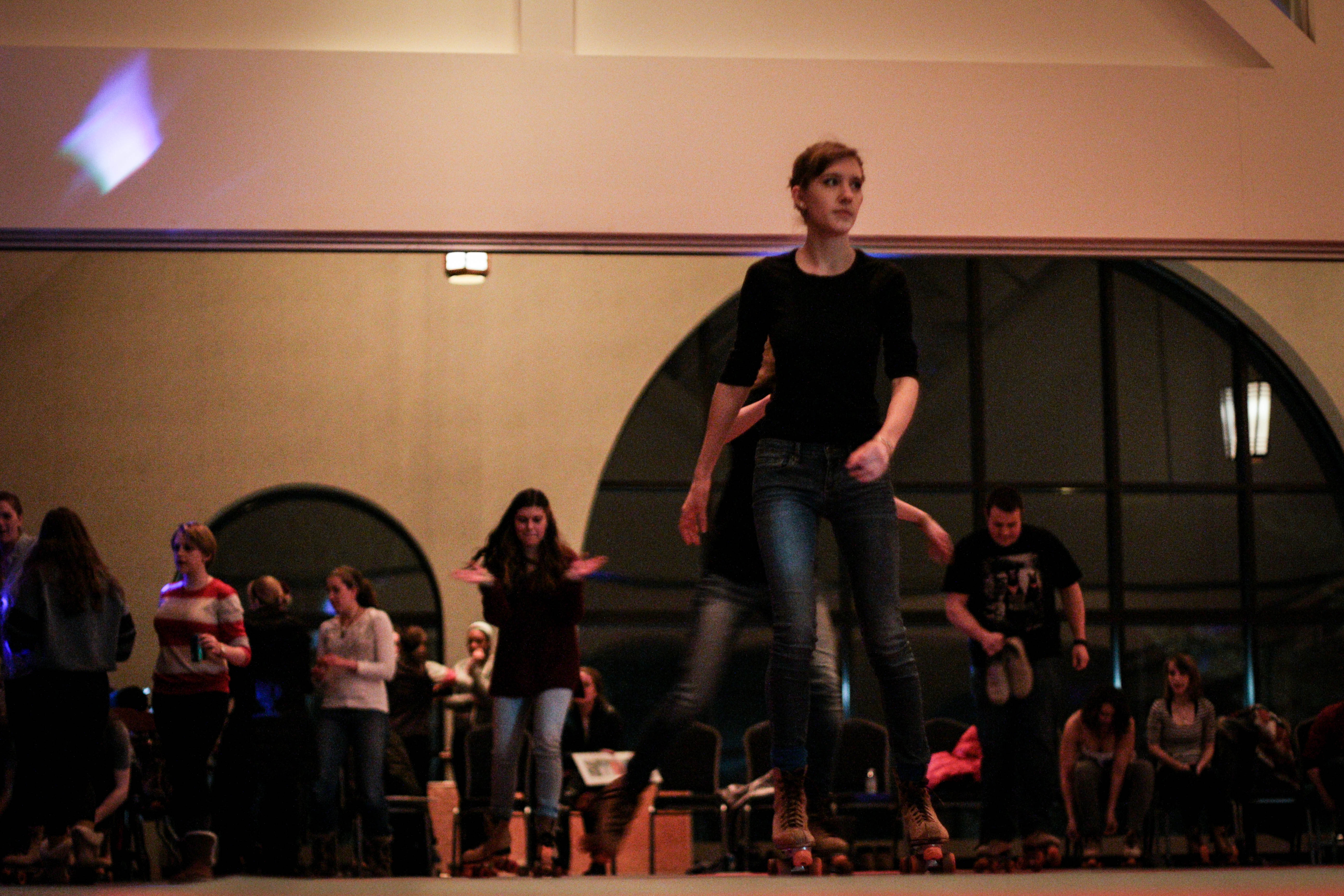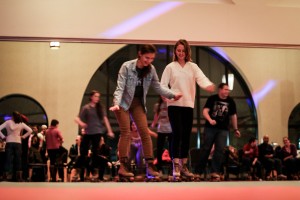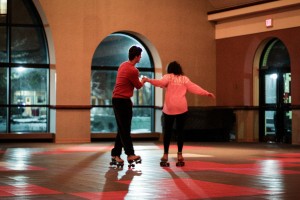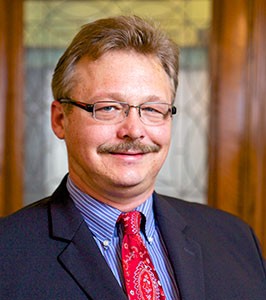House parents, live-in moderators for fraternities and sororities are not common at Ohio Wesleyan. But a remaining few still hold the title.
A house parent is similar to a Residential Advisor (RA). They deal with managing property, handling conflicts and sometimes assisting in academic advising.
Chi Phi is one fraternity that retains the position.
“To the best of my knowledge, the house father is a title and job that was grandfathered in after the university acquired our houses with the Memorandum of Understanding,” said junior Conor Golden, a member of Chi Phi. “To the school, the house father is the liaison between the university and the chapter representing their interests and relaying back our interests to them.”
Chi Phi’s house father, Peter Chew, was unavailable for comment.
Fraternities are not the only ones that currently have, or have had, house parents.
Delta Gamma parted ways with their house parent five years ago, but they still have someone they consider to be an honorary house mother.
“The closest thing to a mother we have is Marilyn Haas, who is our house corporation president,” said senior Mariah Bockbrader, a member of Delta Gamma. “She is in charge of all of the remodeling and decorating of our house, and helps us out with so much more than just that.”
Haas visits the sorority once a month during the school year depending on weather conditions. In the summer she stops by twice a week if there are any renovations being done to the chapter lodge.
“I absolutely love my Alpha Rho (chapter) sisters. I moved back to Ohio almost five years ago, got involved with the chapter and have never been disappointed,” Haas said.
She went on to say that she doesn’t think Delta Gamma will have a house mother in the near future.
“While each of us has different personalities, we have worked well together and the chapter members are very grateful for the improvements to the physical house,” Haas said. “They are respectful of the alumnae, love celebrating Delta Gamma traditions such as Founders’ Day and parent/alumnae weekends and have been gracious hostesses.”
